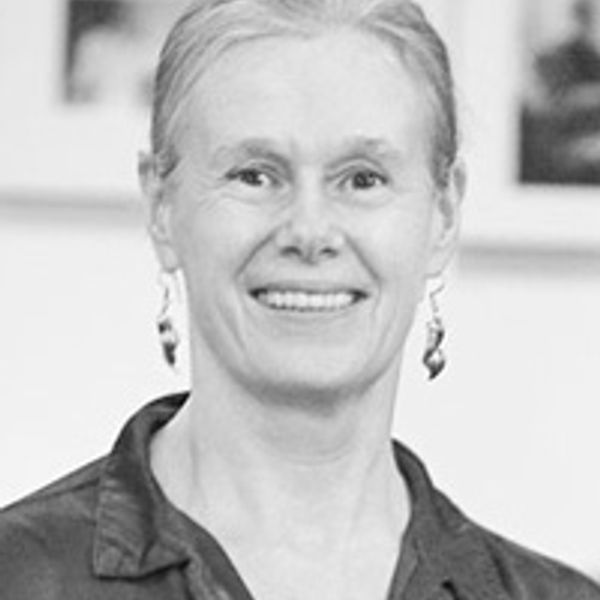Lia Purpura, Parasol Mushroom (detail), featured in AGNI 102
The He-Woman of Mull
She knew they called her that, and she
didn’t care tuppence. She had worse
names for them: sheep’s arse, cabbage
slime, piss puddle. They tattled away
behind their white curtains, automata
in lock step—Rule Brittania, Hallelujah,
no freedom here—and she alone escaped
to tell them a woman can be different.
In another century she’d have burned
at the stake, cursing their blindness,
the terror that groveled before
an extra pair of sharp incisors.
But the twentieth-century Tobermory
dentist had been, if not kind, competent,
and she found her way—the tinkers her
only allies—to choose man over wolf.
A pair of scissors and her hair was gone.
A pair of trousers and her sex was gone.
A Captain’s hat, jersey, boots, pipe,
tobacco. He practised the swagger,
learned how women tuck their bodies
into tiny boxes, knew he’d never be
a box again. And the summer strangers
on the yachts depended on the presence
of the He-Woman of Mull as they entered
the loch, his arms signalling where
to turn to avoid the treacherous rocks,
and they signed his log, drank his black tea,
breathed in the generosity of his smoke.

Annie Boutelle
Annie Boutelle is the founder of the Poetry Center at Smith College and teaches in the English Department there. She has published poems in various journals, including The Georgia Review, The Hudson Review, AGNI, and Poetry. Her first book of poems is Becoming Bone: Poems on the Life of Celia Thaxter from the University of Arkansas Press. Her second, Nest of Thistles, won the 2005 Samuel French Morse Prize from Northeastern University Press. She is the Grace Hazard Conkling Poet-in-Residence at Smith College. (updated 10/2010)
